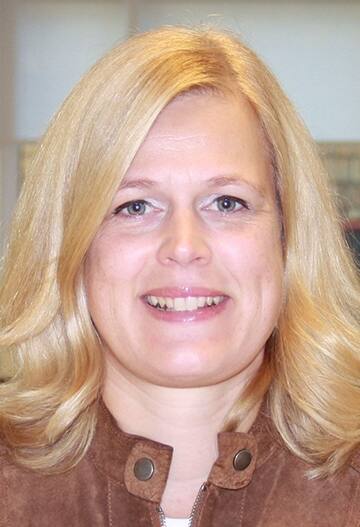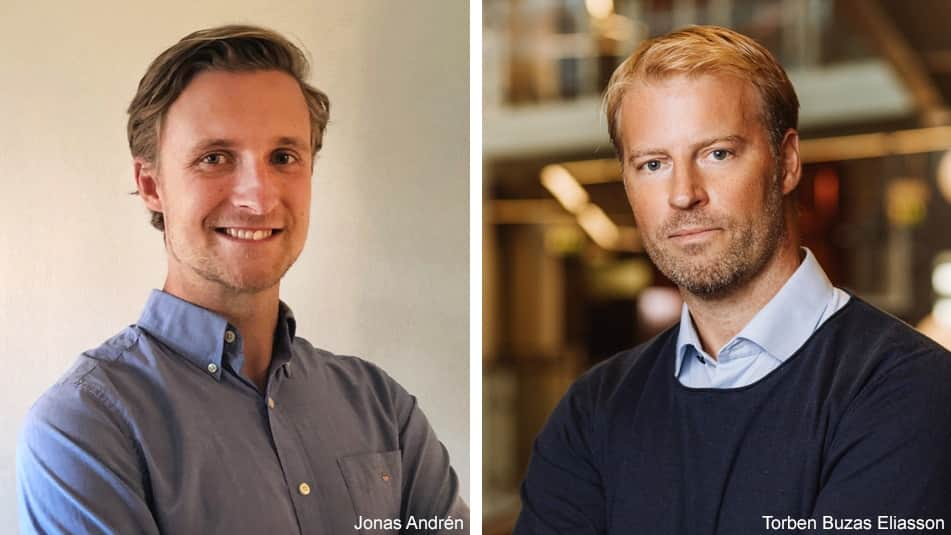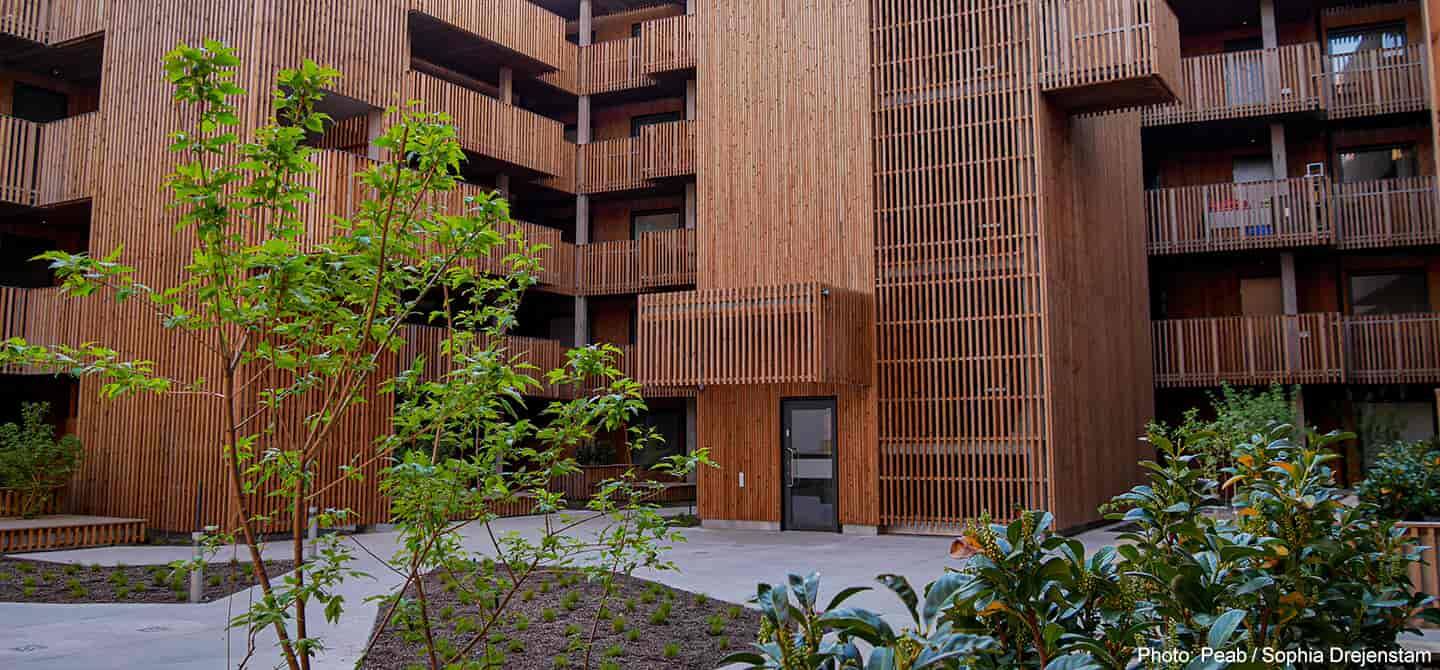December 12, 2019
Green building and broader sustainable living initiatives are gaining traction around the world. Both regional and international certifications are helping to make this happen. Underlying the rising popularity of certifications are two key fundamentals: a desire to do better and demands for transparency.
Rising interest
Peab, one of the largest construction companies in the Nordic region, is a driving force for sustainable building development.

“We can see in the market that the number of projects seeking green building certifications is continually increasing,” says Elisabet Stadler, environmental manager at Peab. “Residents and tenants are becoming more aware of their environmental footprint and want to see good environmental performance. The business benefits have also become more obvious.”
In customer projects, Peab focuses on early dialogue with stakeholders to set the green agenda. “This is where we can present the benefits of green building certifications and explain how we can support them in the process of obtaining those certifications.”
For its own projects, Peab adheres to the Svanen (Nordic Swan Ecolabel) certification for apartment complexes, a natural choice for the local Swedish market because the Svanen mark is so widely recognized. The international BREEAM certification for assessing, rating, and certifying the sustainability of buildings is used for Peab’s commercial constructions.
Peab handles all common green building certifications and uses Byggvarubedömningen (BVB), a non-profit organization owned by constructors and property owners in Sweden, to fulfill criteria within the certification systems related to materials.
Informed decisions

In Sweden, BVB conducts product assessments and provides an extensive database of their findings for the construction and real estate market. Originally created to eliminate toxic materials in buildings, BVB now plays a central role in urban sustainability.
“We consider the work they do so important that we take an active role in defining the assessment criteria,” says Stadler. “The BVB database really helps builders because all the information they need about the sustainability of products is available online. It is also really great for us because we get lots of requests about environmental issues, and it helps us during green certification processes.”
Jonas Andrén, offering and sales development manager at KONE Sweden, says that having elevators comply with BVB’s environmental specifications gives KONE a competitive advantage. “BVB promotes transparency and choosing the right product for the purpose.”
Torben Buzas Eliasson, managing director at BVB, in turn, says the organization is seeing a “positive spiral effect” in terms of demand and compliance with criteria.
“The interest from constructers and real estate developers to make well-informed and sustainable choices of materials is growing, and so is the competition between suppliers to produce more environmentally friendly products.”
Andrén agrees whole-heartedly: “BVB encourages builders to prioritize sustainable options, and that in turn pushes suppliers, including KONE, in the right direction!”
Flexible future
Extending the lifetime of a building is a core ingredient of sustainability. Repurposing is better than rebuilding. Planning for flexibility up front is essential.
“It is always interesting to see what our suppliers can do for us to make buildings more flexible,” notes Stadler.
“We have regular discussions with our suppliers and subcontractors,” she continues. “We share with them what our customers are saying about current and future environmental requirements to ensure we are ready to deliver on tomorrow's expectations.”
Health and well-being, for example, are emerging areas of interest. “We have seen some requests in the last year, and we currently have one ongoing project that will include WELL certification,” Stadler says.
BVB’s Buzas Eliasson adds that they are also seeing a gradually growing interest in social responsibility assessments. “I see this as still the work of pioneers, but it will most certainly become standard procedure in the future. It is very similar to the work started some 20 years ago to eliminate harmful chemicals in our buildings. Much has happened since then and much will happen concerning social responsibility in existing and future supply chains.”
READ MORE
Certified with a green bill of health
Beyond business as usual
What constitutes a sustainable lifestyle?
A crate innovation
Smart ways to a smart city
The power of positive energy
Sustainability at KONE
